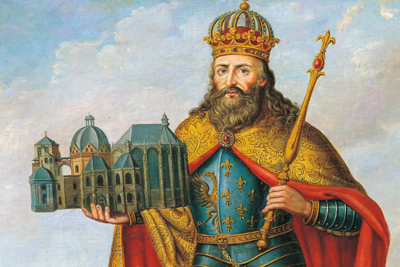
Charlemagne (c.742-814), also known as Charles I or Charles the Great was born near Liege in modern day Belgium. He was the son of the Frankish king Pepin the Short and Bertrada of Laon, having been born before their official marriage. Initially, after the death of his father in 768, he became the co-ruler with his brother Carloman I. As Carloman died suddenly in the month of December 771 under unexplained circumstances, Charlemagne became the sole and undisputed ruler of the Frankish Kingdom.
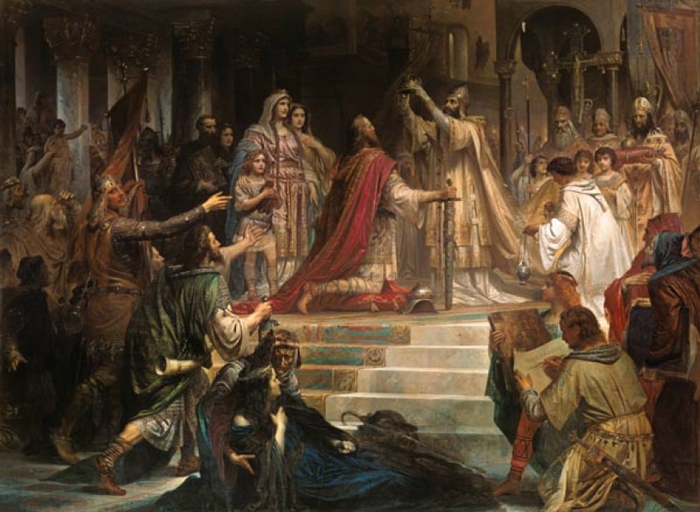
Charlemagne's mission in life was to unite all the Germanic people into one kingdom and convert his subjects to Christianity. He presumed that, to unite all the tribes of the pagan worshippers, the best way should be to bring them under the umbrella of one religion. Thus, he decided to convert his subjects to Christianity, and consequently spent the majority of his reign in military campaigns. He invaded Saxons, a Germanic tribe of pagan worshippers and waged a three-decades-long series of bloody battles against them. He earned a disreputation for ruthlessness, when in 782 at the Massacre of Verden, he reportedly ordered the slaughter of about 4,500 Saxons. Ultimately, the Saxons had to embrace Christianity, as Charlemagne proclaimed that, anyone who did not get baptized or follow the other Christian traditions be put to death.
To extend his dominance to the south, Charlemagne conquered the kingdom of the Lombards in northern Italy and in 778, invaded northern Spain, controlled by the Moors. On his eastern frontier Charlemagne defeated Tassilo, the duke of Bavaria. In further to the east, the vast Slavic kingdom of the Avars, or Huns, was the ultimate threat to the Frankish realm. The Avars, or Huns were an Asiatic tribe that had settled along the upper Danube River. Between 791 and 800 Charlemagne crushed the Avars and added their kingdom as a part of his empire.
In 800, when a rebellion started against Pope Leo III, Charlemagne took the side of the Pope and defeated the rebellion. In return, Pope Leo III crowned him on December 25, 800, at St. Peter's Basilica in Rome, declaring him the emperor of the Romans, which was an attempt to revive the imperial tradition of the western Roman emperor.
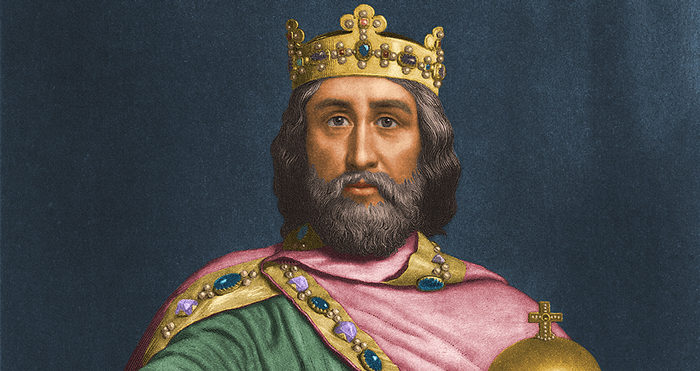
For the first time, since the inception of the Roman Empire, Charlemagne united most of Western Europe, along with some other parts of Europe that had never been under the rule of Rome. Since the fall of the Western Roman Empire three centuries earlier, he was the first recognised emperor in Western Europe and thus, often called the 'Father of Europe'. The vast Frankish Empire that Charlemagne founded is called the Carolingian Empire.
As a ruler, Charlemagne was a talented diplomat and an able administrator of his vast territory. He promoted education and encouraged the Carolingian Renaissance, a cultural and intellectual revival in Europe. He also ensured the survival of Christianity in the west, gave money and land to the Christian church and protected the Popes. Charlemagne introduced new reformed administrative policies throughout his empire, selected key representatives in each region and held a general assembly each year at his court at Aachen. He initiated important legal reforms and standardised weights, measures and customs dues, which helped to improve commerce. Charlemagne also standardized the form of writing that later became a basis for modern European printed alphabets. His palace in Aachen included a school, for which he recruited the best teachers in the land.
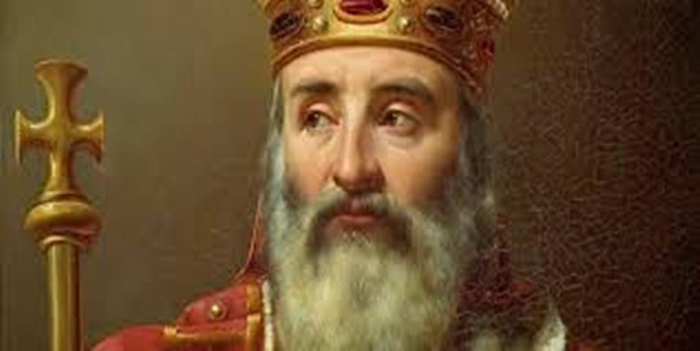
With multiple numbers of wives and mistresses Charlemagne had at least 18 children. He was said to be an affectionate father and encouraged his children's education. Personally, he was known to be highly energetic, enjoyed hunting, horseback riding and swimming.
Charlemagne died in January 814 and was buried in the yard of the cathedral in Aachen. A year before his death, he crowned his son Louis the Pious in 813, as the co-emperor, who became the sole emperor after the death of his legendary father. For political reasons, Charlemagne was canonized in 1165, under Emperor Frederick Barbarossa (1122-1190). However, today the church does not recognize his sainthood.
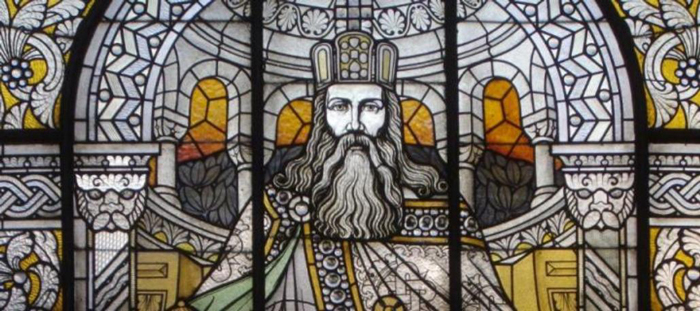
In the ensuing decades, the empire founded by Charlemagne was divided up among his heirs, and by the late 800s, it had dissolved.